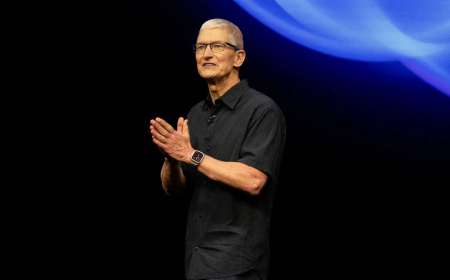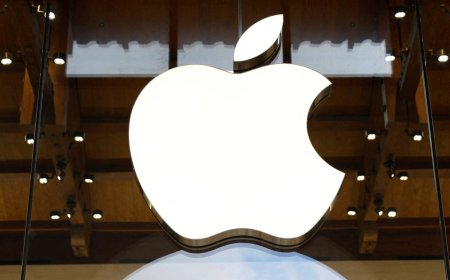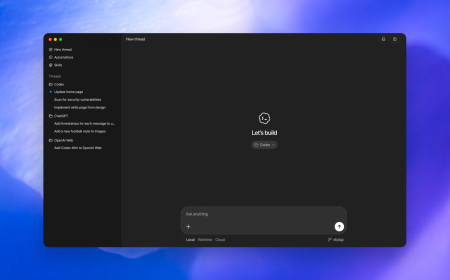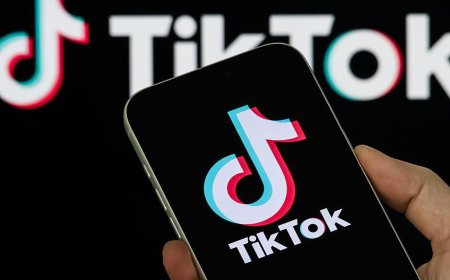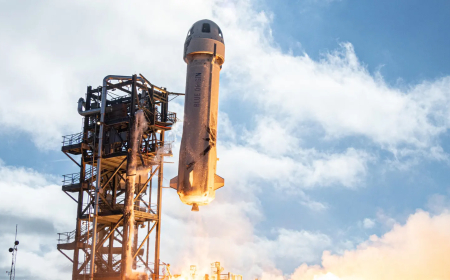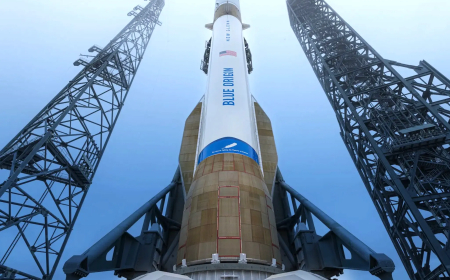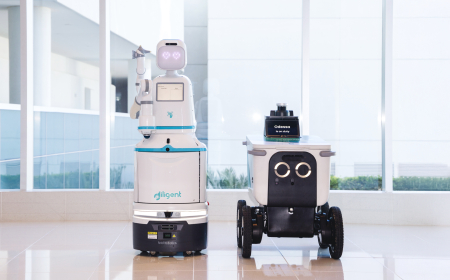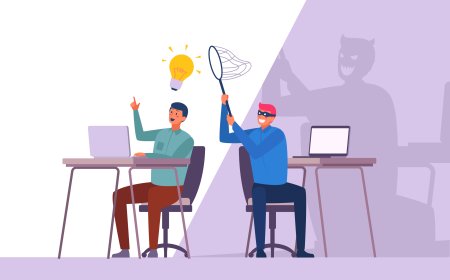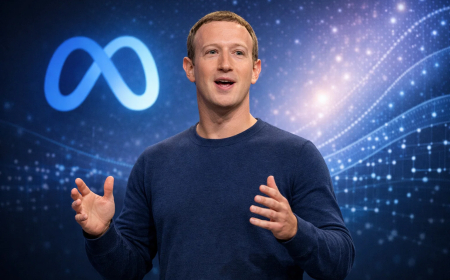Databricks Co-Founder Argues U.S. Must Go Open Source to Beat China in AI
Databricks co-founder Andy Konwinski warns that the U.S. risks losing AI dominance to China unless it embraces open-source innovation.
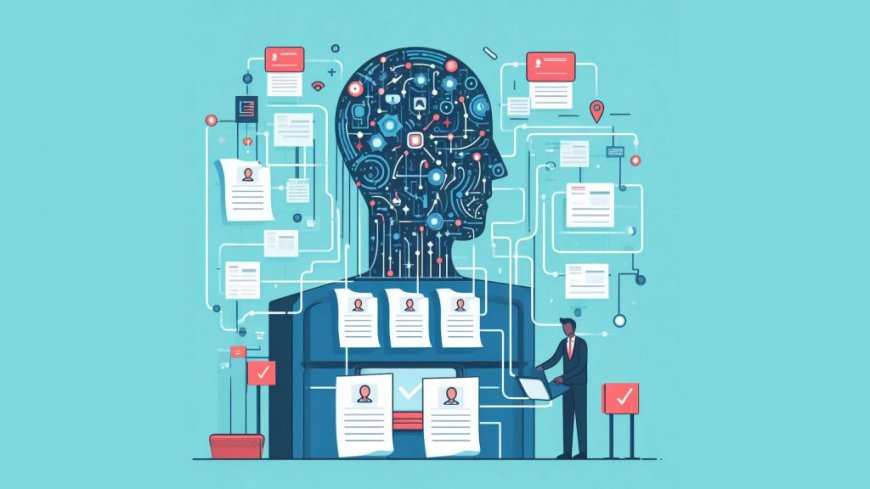
Andy Konwinski, co-founder of Databricks and the Laude AI Research and Venture Capital Firm, has warned that the U.S. is losing its edge in AI innovation to China, calling the shift an “existential threat” to democracy.
Speaking at the Cerebral Valley AI Summit this week, Konwinski said the pace of Chinese AI research now outstrips that of American labs.
“If you talk to PhD students at Berkeley and Stanford in AI right now, they’ll tell you that they’ve read twice as many interesting AI ideas in the last year that were from Chinese companies than American companies,” he said.
In addition to investing through Laude, the venture fund he launched last year with NEA veteran Pete Sonsini and Antimatter CEO Andrew Krioukov, Konwinski also runs the Laude Institute. This accelerator offers grants to AI researchers.
While major U.S. AI companies like OpenAI, Meta, and Anthropic continue to develop cutting-edge systems, Konwinski argued that their research remains largely proprietary, locking up innovation that could otherwise benefit the broader scientific community. He noted that these companies also attract top academic talent through multimillion-dollar salaries, diverting experts away from universities and open research.
Konwinski emphasised that actual progress in AI comes from open collaboration, pointing to the Transformer architecture — the foundation of modern generative AI — which emerged from an openly published research paper.
“The first nation that makes the next ‘Transformer architectural level’ breakthrough will have the advantage,” he said.
Konwinski contrasted the U.S. approach with that of China, where the government promotes open-source AI innovation through efforts like DeepSeek and Alibaba’s Qwen. By encouraging open access, he said, China is creating a “flywheel” of innovation that allows ideas to build upon one another.
In the U.S., by contrast, he argued that “the diffusion of scientists talking to scientists that we always have had in the United States, it’s dried up.”
He warned that this growing secrecy not only threatens democracy but could also backfire economically.
“We’re eating our corn seeds; the fountain is drying up. Fast-forward five years, the big labs are gonna lose too,” he said. “We need to make sure the United States stays number one — and open.”
What's Your Reaction?
 Like
0
Like
0
 Dislike
0
Dislike
0
 Love
0
Love
0
 Funny
0
Funny
0
 Angry
0
Angry
0
 Sad
0
Sad
0
 Wow
0
Wow
0





